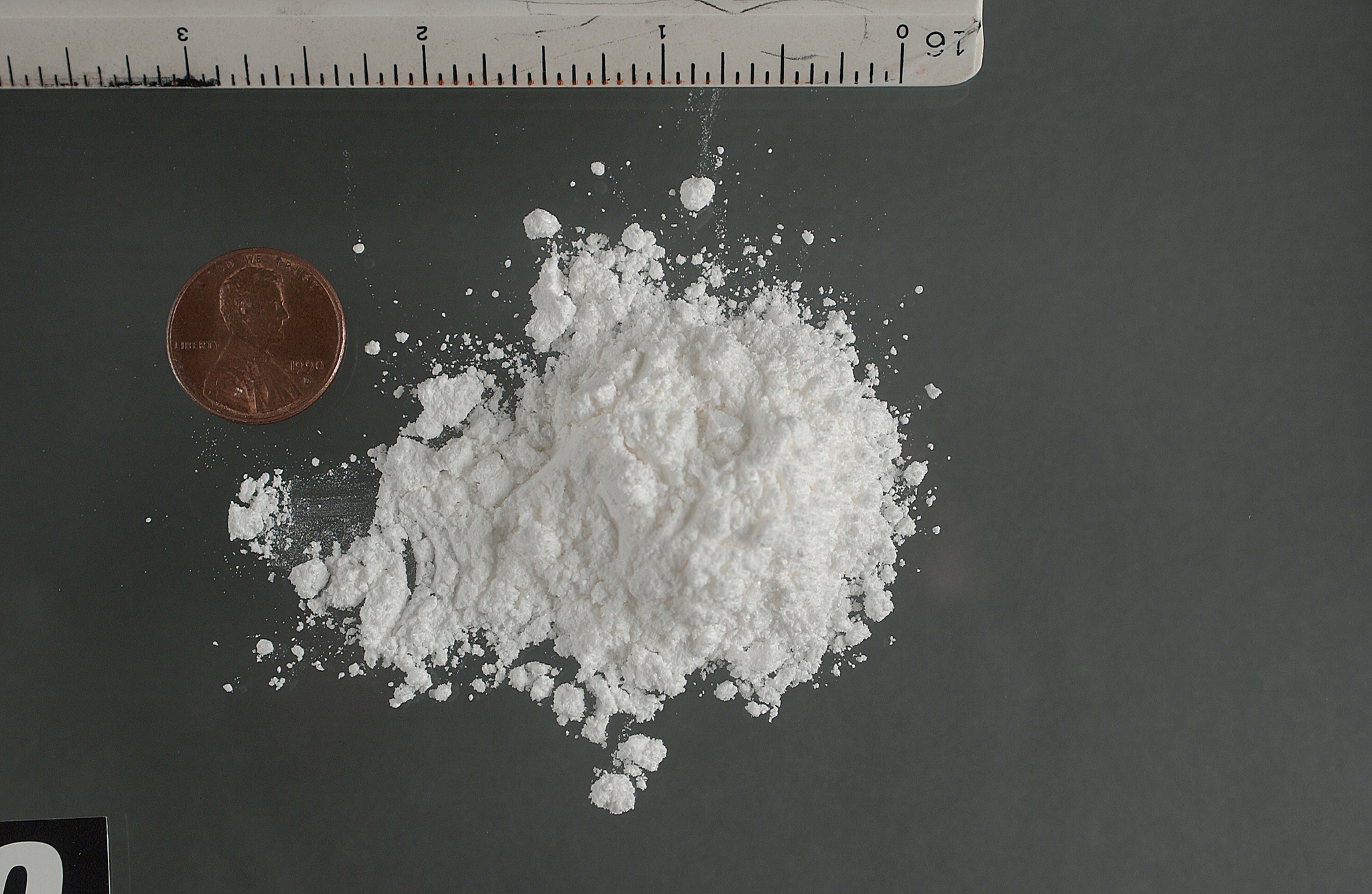King County’s cocaine advisory is still in effect this morning.
Yes, you read that correctly.
In what health officials say is a somewhat uncommon move, the Public Heath—Seattle & King County issued an advisory Friday evening telling residents to not do cocaine following the overdose death of two women at the 12th Avenue Apartments on Capitol Hill. The overdoses have been blamed on cocaine laced with acetylfentanyl, a powerful synthetic opiate that is five times stronger than heroin.
James Apa, a spokesman for public health, said Monday morning that no new information was available on the overdoses, and that the advisory is still in effect.
An advisory from a public agency to not use a drug that is already illegal may seem unusual, if not evocative of the famous “don’t eat the brown acid” advisory of Woodstock. But Apa says it is not entirely unheard of.
Here is the full release:
This week, the King County Medical Examiner’s Office conducted autopsies on two women who apparently died from cocaine that may have been contaminated with acetylfentanyl. These findings are preliminary, but Public Health officials are concerned enough to issue a public alert about the overdose danger even before the confirmatory tests are conducted.
“Cocaine users need to be aware that acetylfentanyl-laced cocaine can kill quickly when snorted or injected. There is no way to know whether cocaine is laced with acetylfentanyl, so the best prevention is to avoid use of cocaine altogether,” said Dr. Jeff Duchin, Health Officer for Public Health – Seattle & King County.
The last known acetylfentanyl death in King County was in 2015. Acetylfentanyl is not the same as the more commonly known fentanyl. Acetylfentanyl is 5 times or more stronger than heroin and stronger than prescription fentanyl. Acetylfentanyl is not prescribed but is synthesized in clandestine laboratories. The opioid antaganost naloxone (Narcan) can help to reverse an overdose from acetylfentanyl, but higher does may be needed compared to heroin.
The two people who died inhaled (snorted) and did not inject the cocaine. Health officials suspect that the two women were exposed to the same batch of drug and that these deaths do not represent two separate incidents. No additional information about the two deaths is available. Health officials are trying to learn where the drug may have been acquired and if other drugs may have played a role. Public Health will release more information as it is uncovered.








